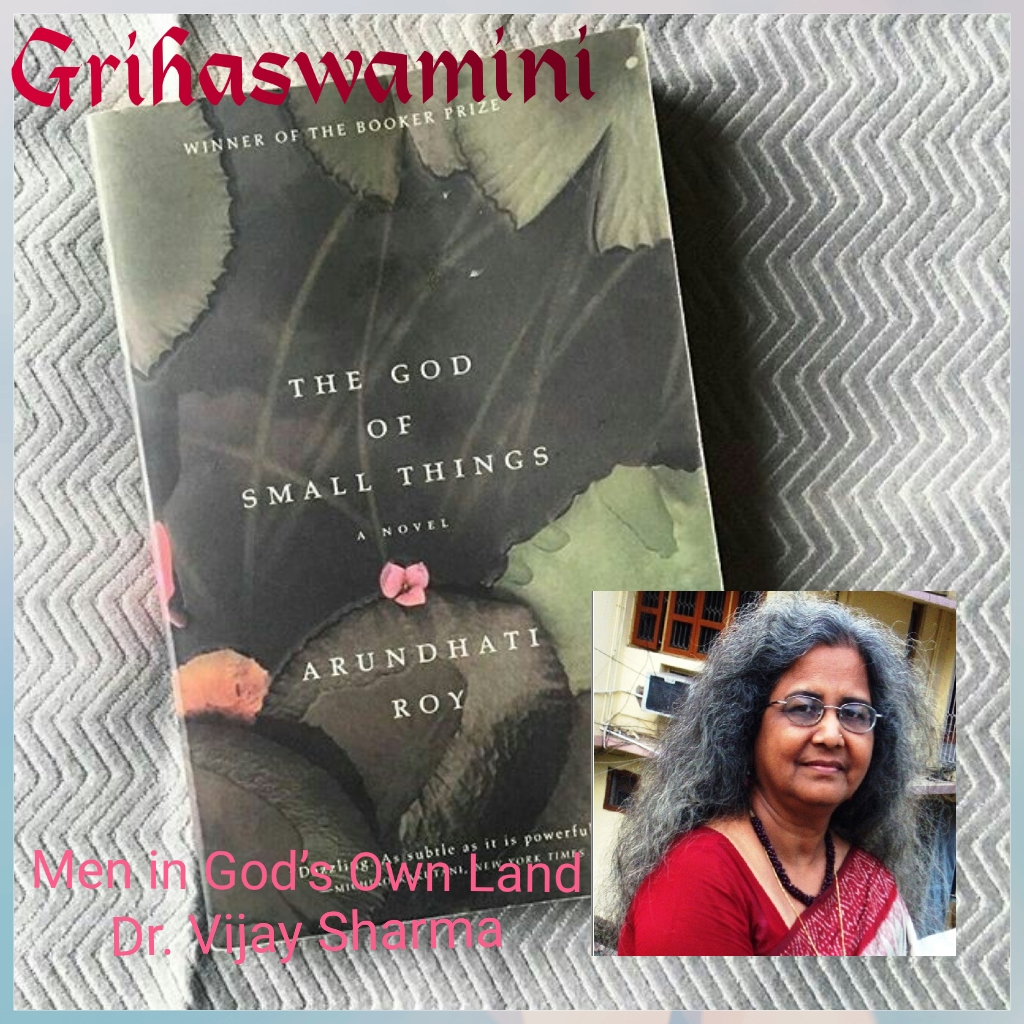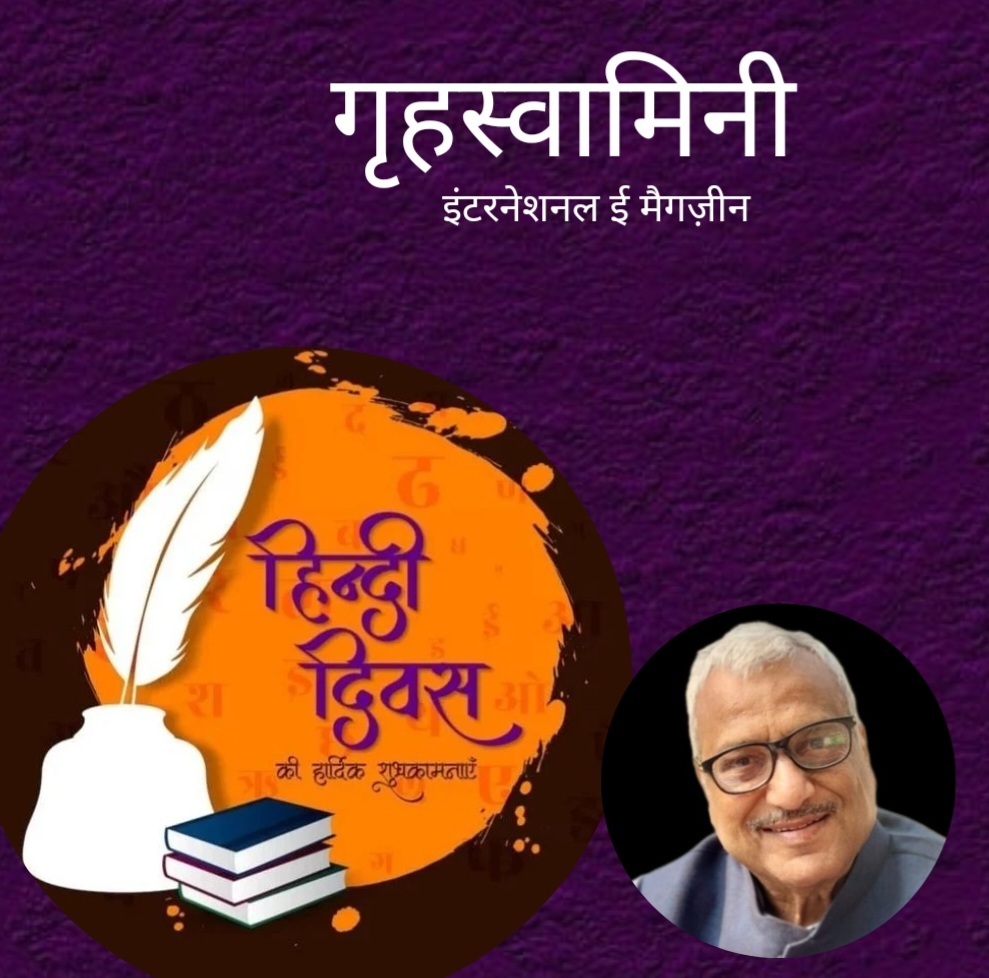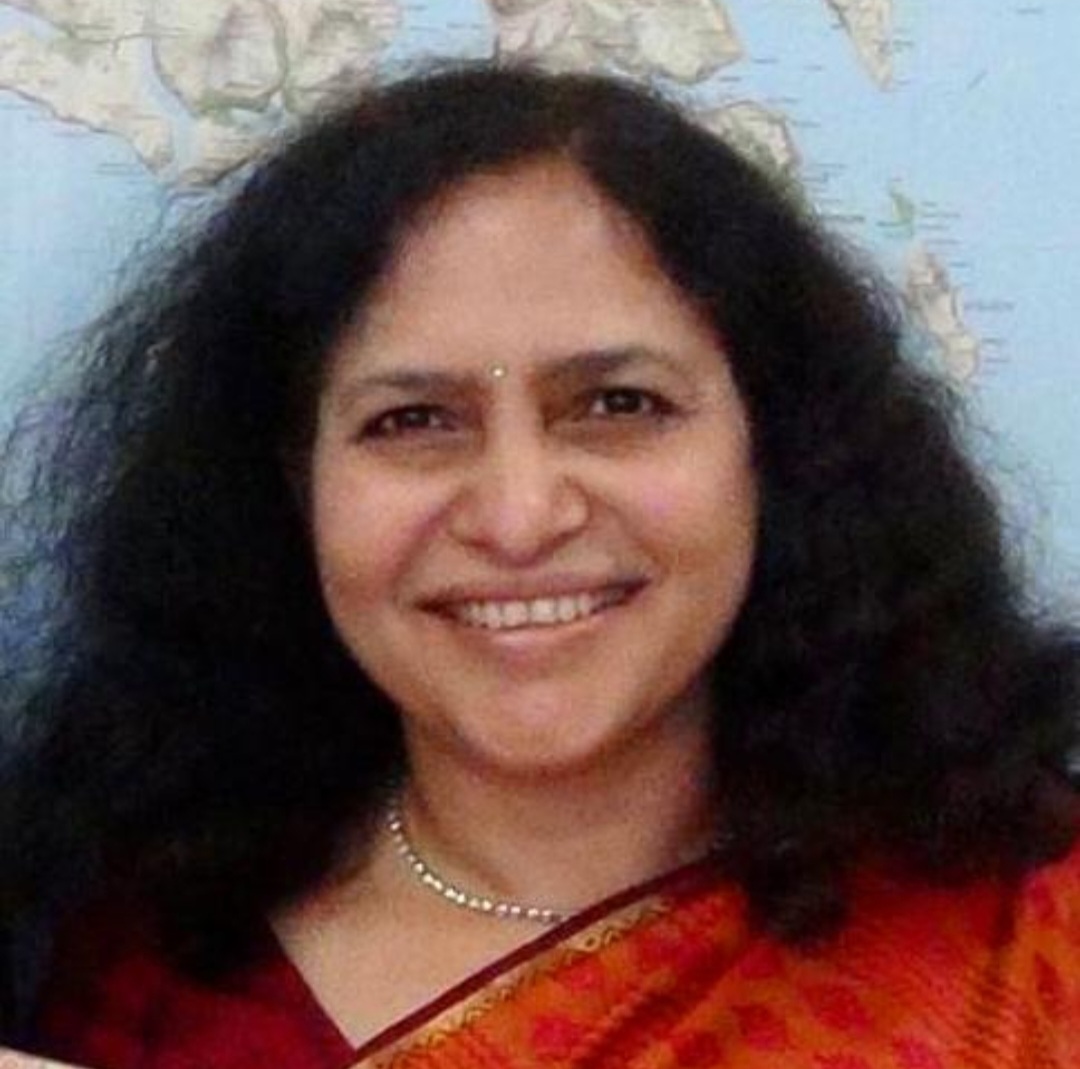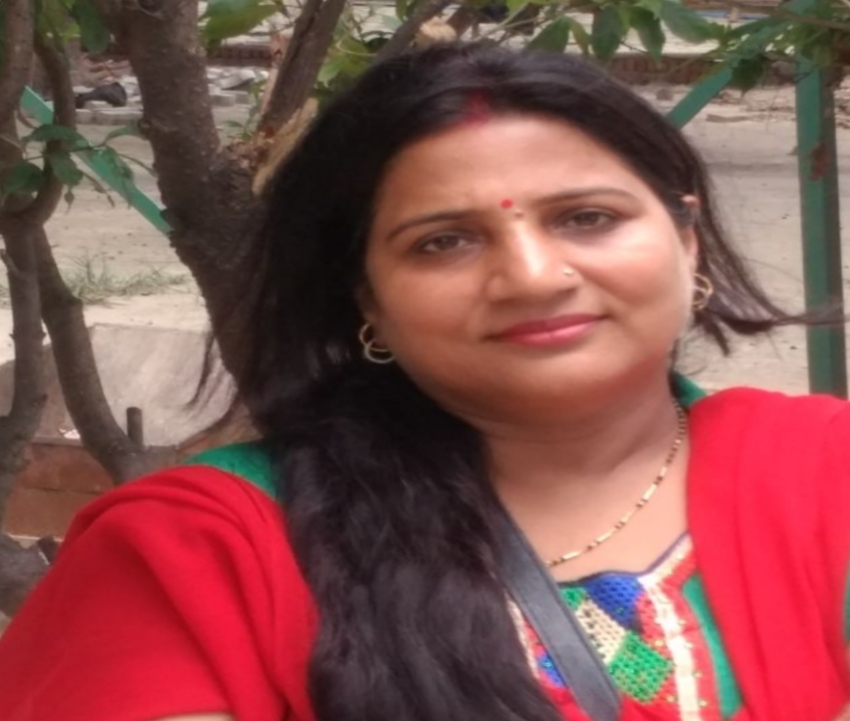Men in God’s Own Land
Men in God’s Own Land-Three faces of the male in The God of Small Things.Arundhati Roy’s The God of Small Things is a novel about gender – of the inequality of man and woman and of the horrors this inequality makes women suffer. It is a novel about caste – of men and women created as equals being reduced to superiors and inferiors, to ‘touchables’ and untouchables and of how this evil system that has plagued our country for millennia reduces millions of human beings in every generation to the status of animals and, in some ways, even lesser.
It is a book about love – of what society defines as permissible love and forbidden love – particularly of love that refuses to be confined to the limits society imposes upon it and breaks out seeking fresh air to breathe that it is unable to find within the narrow confines society chains it to. But above all, it is the tragic song of life – of life that could be so incredibly beautiful but is reduced to unspeakable tragedy by man’s heartlessness and blinding pettiness.
The book has been called a saga of lost dreams – it is such a saga, for all dreamers in the book lose; and the only winners, if there are any, are the hard-hearted, callous realists who survive like carrion who live on flesh – but unlike carrion, they live on living flesh; and on tender human feelings, vulnerabilities, sensitivities, and all that is good in the human soul.
Arundhati Roy’s The God of Small Things is a unique novel in many a sense. It is a story about love, hate, betrayal, jealousy, deceit, and many more human emotions. It is a story of coming of age and homecoming. It is a story of the innocence of childhood and of the robbing of this innocence. It is also a story of the upper class Christian society and bogus Marxists.
The story lingers with the reader long after you have finished reading it. Your heart aches at many events of the novel and you wish they should never have been allowed to take place. The God of Small Things is a complex novel which runs in a zigzag manner and unfolds many events and stories. Arundhati weaves her characters vividly and with deep insight into human psyche and nature. She excels in the characterization of women and children and their world. She makes Ammu, her aunt Baby Kochamma and her mother Mammachi unforgettable, as she does the three children: Rahel, Estha and Sophie Mol. In this paper, however, we will be looking at some of the male characters Roy creates, for our purpose is to look at the men in the works of female authors.
Pappachi
Pappachi is Estha’s and Rahel’s grandfather. He is an anglophile and an elitist. He was a government officer and after retirement he settles in his home village Ayemenem. He feels helping his near blind wife is below his dignity. He shows others that he is a neglected husband. But in private he beats his wife, Mammachi with a brass vase regularly, until Chacko forces him to stop. After this he never speaks to her. This way he punishes her silently. His prized possession in life is his sky-blue Plymouth. His biggest regret is not having the species of moth he discovered named after him. Pappachi is particularly cranky for the rest of his life. He is an ill-tempered father. He is such a cruel man who in cold blood slices his daughter’s gumboots into shreds, while she watches helplessly. He beats his wife and daughter frequently and drives them out of the house even in winter cold nights. In Pappachi Arundhati shows the cruel patriarchal figure of the society.
Chacko
Chacko is Ammu’s brother, Mammachi’s son, Rahel and Estha’s uncle, and Sophie Mol’s dad. He’s one of those people we want to like but who can be really irritating. As a young man, Chacko got all the family’s love and attention. He went to Oxford University. We can consider a number of the characters in the novel to be kind of elitist – Baby Kochamma, Mammachi, and Chacko are all people who seem to think they’re better or more important than others – but Chacko is the only one with the credentials to back it up.
His mother dots on him, she specially makes an outer door so without notice of people he can fulfill his ‘manly needs’ with female workers of his factory. He has taken over the family’s factory, Paradise Pickles and Preserves, on one hand. On the other hand, he calls himself a Marxist, which basically means that he believes that the workers of the world – the laboring class – should unite, rise up against the middle and upper classes, and fight for their rights. If this seems contradictory to you, you’re not alone – the narrator tells us outright that Chacko’s beliefs conflict with his actions.
When we think about who Chacko is on a personal level, it’s important to look at his family life. When Chacko lived in England, he met and married Margaret Kochamma, a waitress at a café. She ultimately found him too lazy and slovenly and divorced him in favor of Joe, a more dependable biologist. Not only is Chacko heartbroken over Margaret, but he also has to deal with the fact that he will miss most of his daughter Sophie Mol’s childhood. (Margaret asked Chacko to leave when Sophie Mol was just a baby.) Chacko can’t be a dad to Sophie Mol, but he can be a stand-in father figure for Estha and Rahel when they all find themselves living in Ayemenem together. Nevertheless, we get the vibe that Chacko feels like he’s settling for what he can get, not for what he really wants. He is completely thrilled when Margaret and Sophie come to visit. It really seems like he wants to believe he can have them back in his life for good – which is perhaps one reason he refers to Margaret as his wife instead of as his ex. Chacko is someone we don’t necessarily like all the time, but we can really feel for him. It’s easy to see why he is the way he is.
Velutha
Velutha is an untouchable worker – carpenter and mechanic – at the pickle factory. A lot of the other factory workers are frustrated that someone who is supposed to be beneath them is earning so much respect. A member of the Communist Party, he never quite fits into his role as an untouchable. Velutha’s name means “white” in Malayalam, so-called because he has such dark skin. He’s also Estha and Rahel’s best friend, even though he’s only three years younger than their mother. As a kid, Velutha used to make little wooden toys for Ammu, though he would have to place them on his outstretched palm and offer them to her so that he wouldn’t touch her. He is blamed for killing Sophie Mol and raping Ammu. In fact, he has nothing to do with Sophie Mol’s death, and he carries on a brief and voluntary affair with Ammu. Inspector Thomas Mathew’s police officers beat Velutha until he is nearly dead. Estha is forced to identify him as their abductor. Velutha dies in jail. This is how Ammu sees him when their eyes met for the first time as a man and a woman: She saw the ridges of muscle on Velutha’s stomach grow taught and rise under his skin like the divisions on a slab of chocolate. She wondered at how his body had changed – so quietly, from a flat-muscled boy’s body into a man’s body. Contoured and hard. A swimmer’s body. A swimmer-carpenter’s body. Polished with a high-wax body polish.He had high cheekbones and a white, sudden smile. Velutha’s relationship with Ammu shows us the way he chooses to disregard societal rules in favor of love, and how this decision, however much we think it is the right one for him, is ultimately his downfall. We see how his low social standing allows him to become an easy scapegoat. His death is shaped by his social class, just as his life was.Arundhati created Velutha with lots of love, tenderness and many more emotions. He pays a very heavy prize, his life, for his humanity and love.
In this manner Arundhati shows us three deferent faces – a cruel one, a complex one and a very simple but human one – of the male in her extraordinary novel The God of Small Things. What is significant in Arundhati Roy’s portrayal of the male is not that it is different from that of the male authors. Where she stands out is in her keenness of observation, her deep sensitivity, and her capacity for details. If we expect to get a feminist perspective on men from her novel, we will be disappointed. Her men are the men we see around us every day – there are amazingly beautiful ones among them, like Velutha; there are utterly confused ones, like Chacko; and there are monsters, like Pappachi.
Of course, there are many other faces of the male that the novel paints for us, which will require a separate paper for us to discuss.
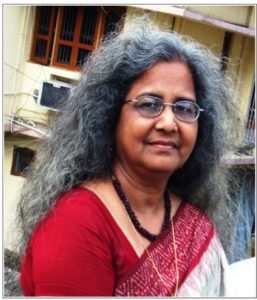
Dr Vijay Sharma,
Critic, writer and editor
Retd. Associate professer
Jamshedpur, Jharkhand




